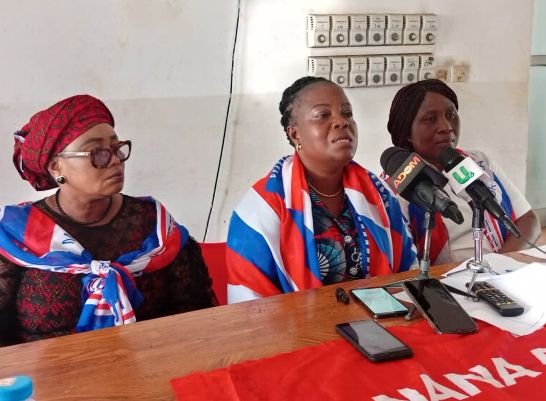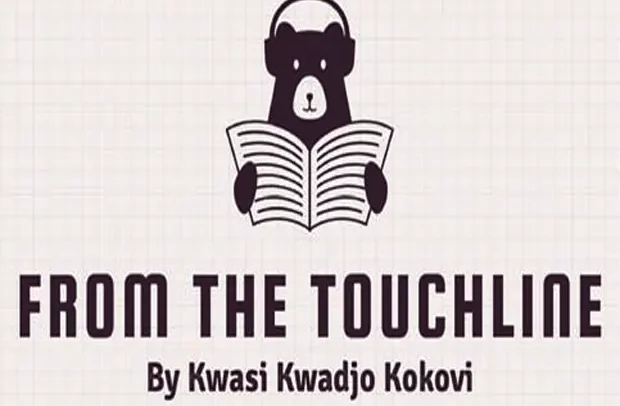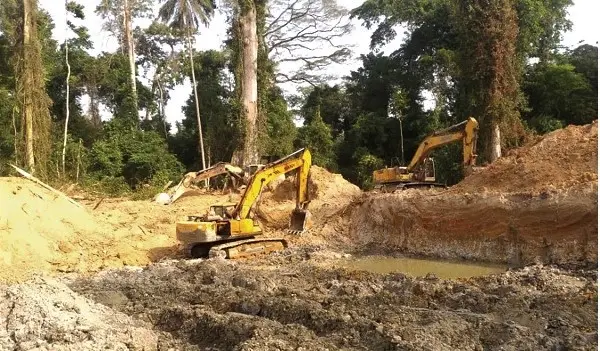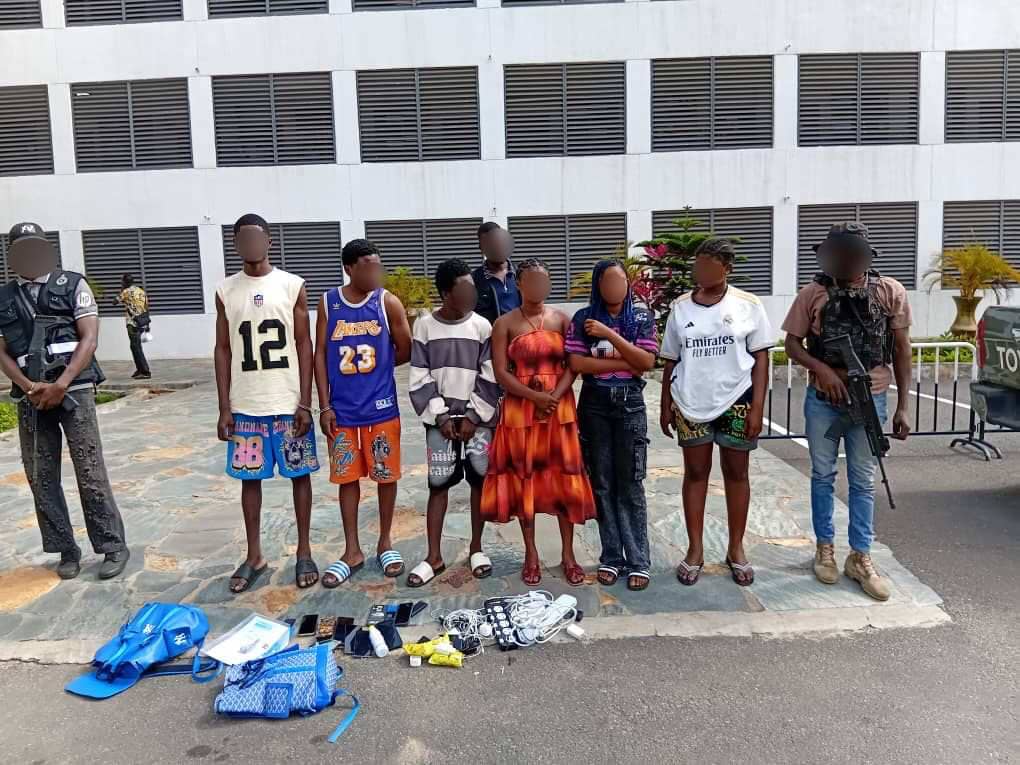
By Bertha Ama SPARKS
The economic empowerment of women is specifically stipulated in Article 36(6) of the 1992 constitution of Ghana and access to loans is incontrovertibly one of the varied solutions to ensure the full realization of the economic progress of women in Ghana as enshrined in the constitution.
According to Dorcas Toffey, Member of Parliament for the Jomoro Constituency, women own around 44percent of the enterprises in Ghana. However, they have trouble getting financial education, investment possibilities, and financing especially from financial institutions.
The situation worsens when a woman defaults on loans as it becomes more challenging for financial institutions to entrust her with future financial assistance.
Unfortunately, in a very elusive way, the patriarchal expectations of women are actual impediments to their credit worthiness and consequently, they can further incumber the ability of women to achieve financial independence. when women are often faced with the choice between home duties and career, they are often pressured to choose the former. However, these responsibilities actually put women at a higher risk for poverty.
As a matter of fact, Augustina Lotsu, a gender advocate with the Global Media Foundation has indicated that, “when women spend more time on household activities, they have less time to engage in income generating activities.”
For instance, if a parent becomes ill and has two offsprings—a male and a female—it is the female who would be expected to give up her productive job to care for the parent, particularly if they are unable to pay for a care worker. The same scenario is valid for parents with a sick child. It is the mother who would be required to set aside her productive hours for the purposes of care work.
What is more nerve-wracking is that, women in such situations are not necessarily exempted from the financial burdens these family issues come with. Imagine a woman in any of these situations who has taken a loan? It would be a Herculean task for her to meet loan obligations.
As hypothetical as these may seem, they are the realities faced by a good number of women in their entrepreneurial journey, and regrettably but realistically, these are inexcusable reasons to default in loan repayments. Women constitute the majority of microfinance clients and have consistently demonstrated reliability as borrowers (Owusu-Yeboah et al., 2020).
Nonetheless, these hidden systematic barriers threaten the unremitting relationships between women and financial institutions due to their propensity to cause loan defaults for them.
In order to ameliorate such situations, there must first be the realization and acceptance that the sociocultural framework of the country is not mutually exclusive from its economic status particularly when dealing with issues relating to gender.
Primarily, the state can fulfill its constitutional mandate of ensuring the economic integration of women through institutions such as the Ministry of Gender, Children and Social Protection, Ministry of Finance, Bank of Ghana and others. These establishments should partner with both private and government financial institutions with the aim of providing debt relief programs with gender considerations to assist women whose credit worthiness have been marred.
Moreover, the Bank of Ghana especially should incorporate gender impact assessments in debt sustainability and loan conditionality to evaluate how debt policies, loan terms and economic measures affect men and women. This is to provide regulatory and policy support for women in order that loan policies do not disproportionately harm them as women are the bearers of unpaid care work.
Additionally, there should be business support systems and financial literacy programs designed for women. This is to offer mentorship and advisory services to women-led businesses as well as teach women how to manage and grow their businesses effectively. This will help them improve their repayment rates and improve their credit worthiness.
Women contribute approximately 51percent of the Ghana’s adult population therefore the financial well being of women is directly tied to the economic progress of the country. When women default on loans, it does not only affect them but also the profitability of financial institutions as well as the entire country.
Ultimately, Ghana has a contractual obligation to recognize the impact these hidden systematic barriers which harm the credit worthiness of women. By doing so, laws, regulations and policies should be fashioned out with major considerations given to the financial inclusion of women in order to develop more potent strategies to improve female credit worthiness.
>>>The writer is a Client Relationship Officer with a Master’s degree in Gender and the Law. She can be reached via [email protected]
The post Creditworthiness of women: Hidden systemic barriers contributing to loan defaults appeared first on The Business & Financial Times.
Read Full Story















Facebook
Twitter
Pinterest
Instagram
Google+
YouTube
LinkedIn
RSS